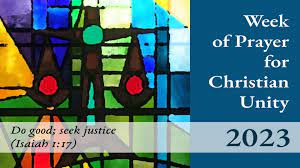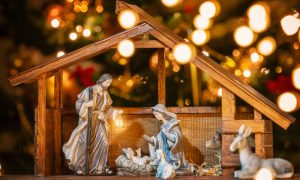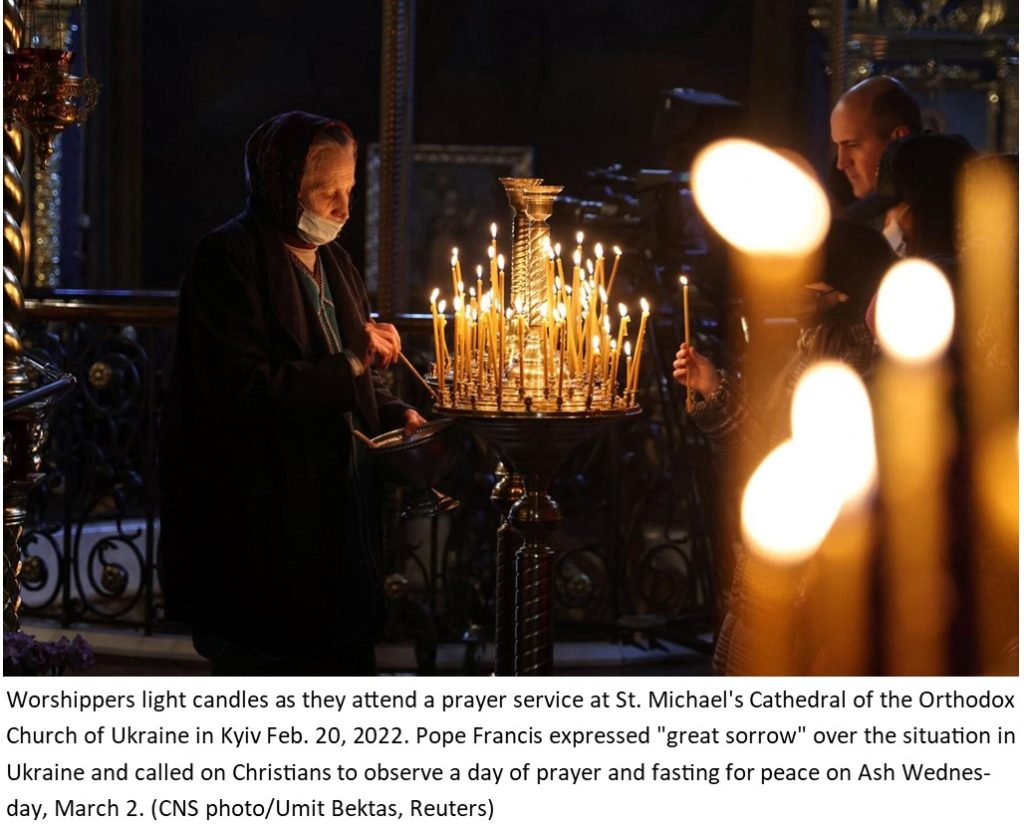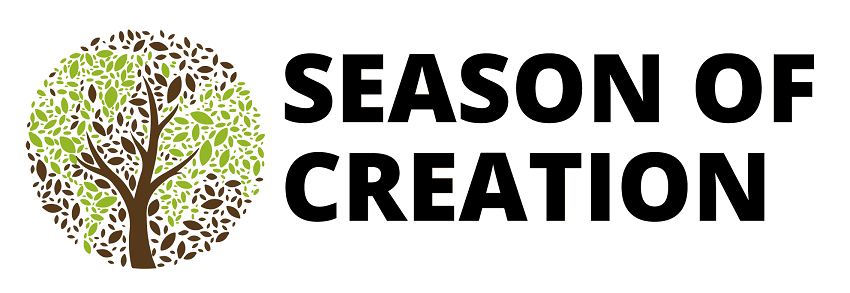 In the earliest Christian art, the only depictions of Jesus are of Him as a Good Shepherd. That image of Jesus persisted until about 500 AD. By that time eighty-eight frescoes depicted the Good Shepherd on the ceilings of the Roman catacombs because artists had run out of space of the walls of the churches of Rome. The image of the Good Shepherd speaks to us about the protection, intimacy, security, and compassionate care. If one looks carefully in many of those first paintings the Good Shepherd is a woman. Yes, the ladies stayed close to the home to keep an eye on the flock and stir the all-purpose kitchen pot in preparation for the for the mid-day main meal.
In the earliest Christian art, the only depictions of Jesus are of Him as a Good Shepherd. That image of Jesus persisted until about 500 AD. By that time eighty-eight frescoes depicted the Good Shepherd on the ceilings of the Roman catacombs because artists had run out of space of the walls of the churches of Rome. The image of the Good Shepherd speaks to us about the protection, intimacy, security, and compassionate care. If one looks carefully in many of those first paintings the Good Shepherd is a woman. Yes, the ladies stayed close to the home to keep an eye on the flock and stir the all-purpose kitchen pot in preparation for the for the mid-day main meal.
In some images we see Jesus holding a lamb around his neck, over his shoulders, holding the two front legs of the sheep in one hand and the two rear legs in the other. Our minds naturally begin to wander and we realize it holds personal meaning for us. We are that lamb who is being carried by Jesus. It’s reassuring for us, in the dark days of our lives, that although we may feel empty and alone, we are never abandoned.
The image of the Good Shepherd is symbolized in a beautiful way by the Pallium which the pope and archbishops wear over their shoulders while celebrating Mass. The Pallium is made from lamb’s wool from sheep raised by the Trappist monks on the outskirts of Rome. When mature, the sheep are taken to the Pope for a blessing and then cared for by Benedictine Nuns at St. Cecelia’s (where Benedict lived while he was going to school in Rome) until they are sheared on Holy Thursday. The lamb’s wool is meant to represent the lost, sick or weak sheep in the desert which the shepherd finds and places on his shoulders and carries to the waters of life.
At night a shepherdess can walk right through a sleeping flock without disturbing a single one of them, while a stranger cannot step foot in the fold without causing pandemonium. And when several shepherds and their sheep are at a watering hole and it is time to leave all the shepherds have to do is call and their flock separates itself and follows their shepherd.
This is what we need to do when confronted with a cacophony chorus of conflicting opinions … but we can only do this if, as Pope Francis frequently reminded us, “it is essential in order to cope with complexity and change, that we have developed the ability to withdraw for quiet reflection. Only then will we truly know the voice of our shepherd, heed His voice and follow wherever God calls.”
~Reflection by Sister Roberta Bailey, OSB






